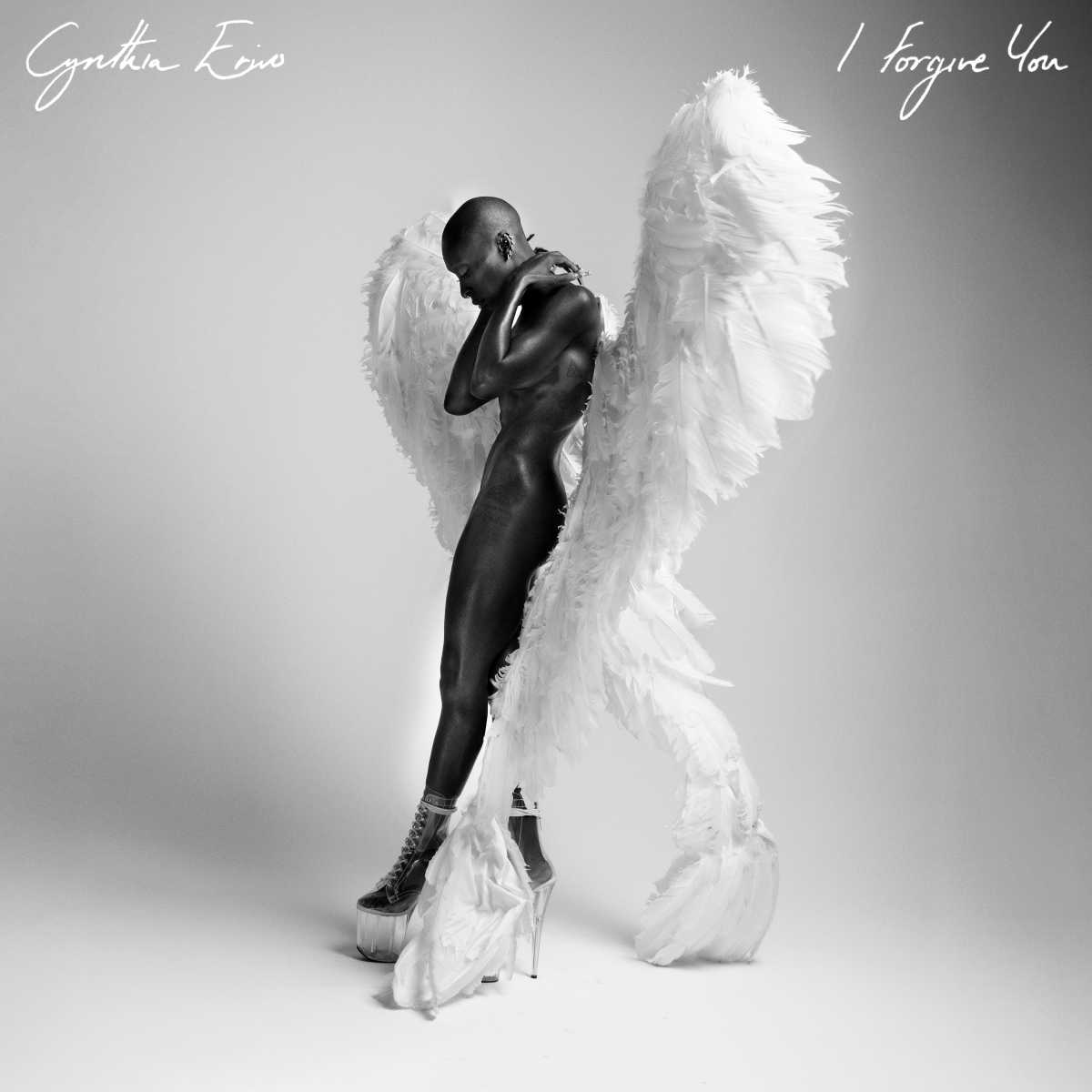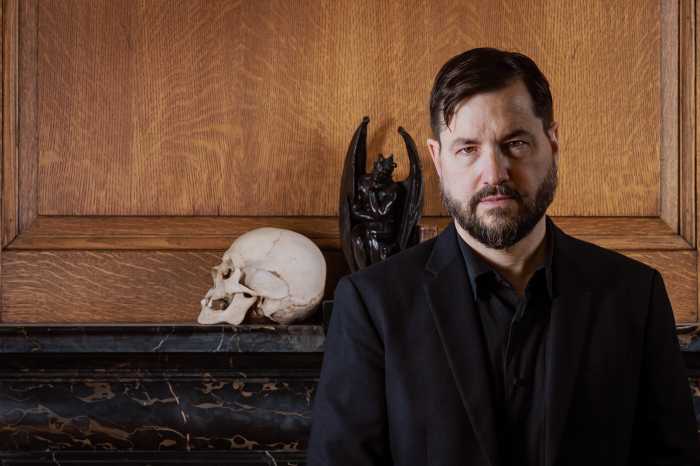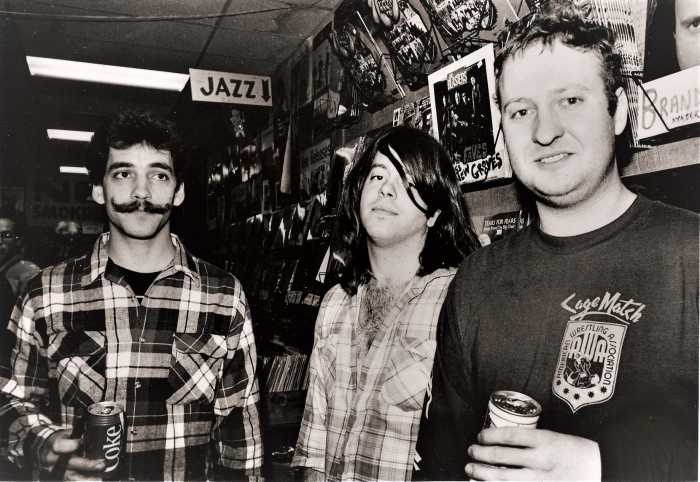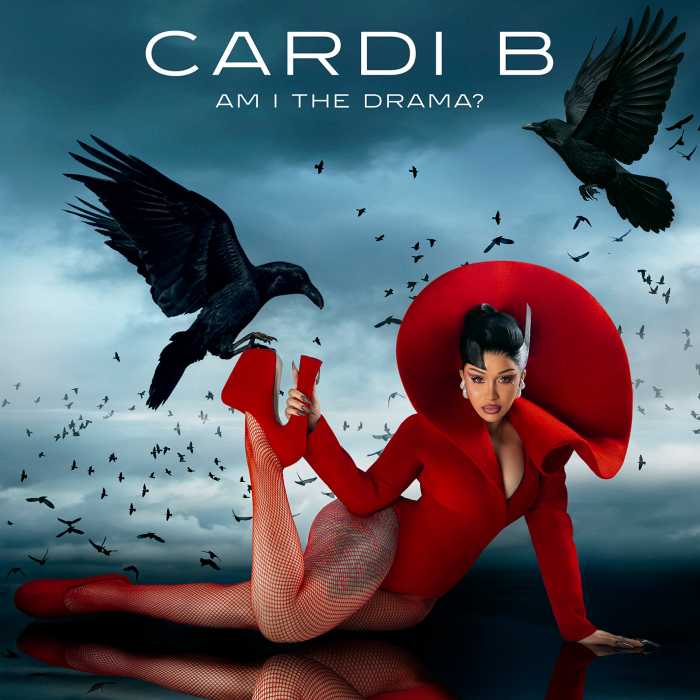This month, Gay City News reviews the latest albums by queer singer/actor Cynthia Erivo and trans singer/pianist Lucy Liyou.
Cynthia Erivo | “I Forgive You” | Verve/Republic | June 6
Even without last year’s release of “Wicked: Part 1,” in which she performed a duet with Ariana Grande on “Defying Gravity,” British singer Cynthia Erivo’s background in musical theater can’t be missed. Her voice reaches to the rafters. She cushions herself with harmonies: Rarely is there just one incarnation of Erivo in the mix. Even though she draws from R&B and gospel, her voice has little grit. With copious backing vocals and strings, the production on “I Forgive You” is clean. Her idea of pop keeps one toe in showtunes and the Great American Songbook and the other in Mariah Carey and Whitney Houston’s backyard. The set list of her 2022 concert video shows where she’s coming from, with covers of songs peformed by Edith Piaf, Nina Simone, Jacques Brel, Sinead O’Connor, Gladys Knight, and Roberta Flack.
As a whole, “I Forgive You” relates to a story: a breakup, followed by an embrace of a new relationship. A softly passive-aggressive undercurrent ripples through the album. As she explains her departure to her ex, she sings, “I’m guilty, but I’m not ashamed…that’s why I had to leave.” “I Choose Love” aims its praises of her new partner at her former lover, testifying “I’m not sorry for what I did.”
“Replay” sets Erivo’s mistakes to an upbeat track. She can get spiteful: “this is what you deserve, all my pain in return,” she sings on “You First.” Once she arrives in the present, she seems happier: “What You Want” sings the praises of a mutually supportive relationship, and “Be Okay” is an ode to spending time indoors as a couple. “Holy Refrain” and “Brick by Brick” are love songs taking imagery from Christianity, with a gospel choir backing Erivo on the former. A practicing Catholic, Erivo isn’t doing so to criticize organized religion but to lay out the resemblances between romantic and religious passion.
Portions of Erivo’s songs, such as “You First,” float off into acapella epilogues. On three interludes and “Be Okay,” her voice stands almost entirely alone. “More Than Twice” heads into extreme melisma. Erivo’s voice and the production aim for high drama, even bombast. The most immediate banger, “Worst of Me” turns a breakup into Shakespearean tragedy. The songs themselves juxtapose heartbreak and domesticity. Despite the sour experiences many describe, they’re always engaged and impassioned.
Lucy Liyou | “Every Video Without Your Face, Every Sound Without Your Name” | Orange Milk
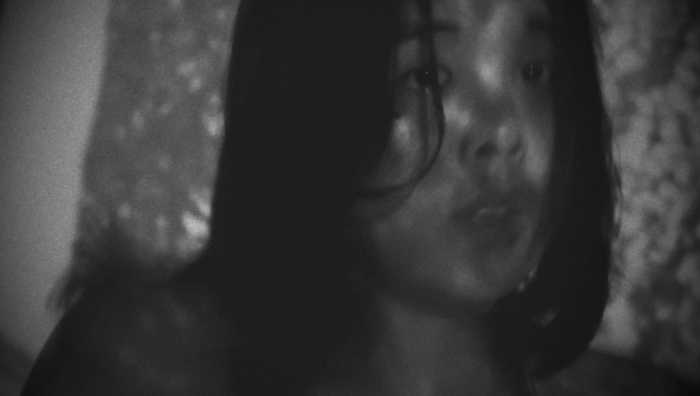
Lucy Liyou’s latest album benefits from a lifetime of experience. Following her transition, she finally reveals a lot more about her emotions than she’s ever been able to. “Every Video Without Your Face, Every Sound Without Your Name” was inspired by the things she wanted to tell her parents when she was a closeted trans teenager. It revises ideas for songs that originated years ago. Personal references, including her Korean-American background, have always been a part of her work: Her debut album, “A Hope I Had,” included songs called “A Sad Korean Mom” and “Playing The Beatles For My Mom.” Still, she used text-to-voice software to let a computerized voice act out a therapy session on her 2022 album “Welfare,” a technique her early music relied upon.
Liyou sings with disarming intimacy. Reverb is laid on so thick that it lingers like tracers in one’s vision. Critic Aly Eleanor pinpointed how “the album trembles with an undercurrent of emptiness.” Still, effects enhance her voice and piano without entirely transforming them: They remain the center of her music. One can imagine an “unplugged” version of this album.
Her lyrics propose direct, emotionally open questions: “do you want me now?/I want you too,” she sings on “Credit.” The songs are addressed to a “you” that could be her parents or partner. Liyou evokes the quieter side of alt-pop singers like Perfume Genius and FKA twigs. There’s a touch of dream pop here, but the emphasis lies on “dream” instead of pop.
Liyou’s songs struggle to hang on to memories. Her music has long clung to a frightening intensity. That doesn’t diminish on “Every Video Without Your Face, Every Sound Without Your Name,” but the robotic undertones and jarring, rapidly changing samples of noise are almost gone. As plainspoken as her lyrics tend to be, the production brings out a mysterious quality. Her voice echoes against itself endlessly, suggesting several different versions of Liyou interacting. Liyou’s voice and words smack harder for being sung out into an ethereal landscape. She’s found techniques for evoking memory through sound design. The title track, constructed from carefully trimmed field recordings separated by much longer gaps of silence, brings things to an indeterminate conclusion. It makes so much use of negative space that one wonders when it’s really ended. That’s a good start for her music’s next step.

